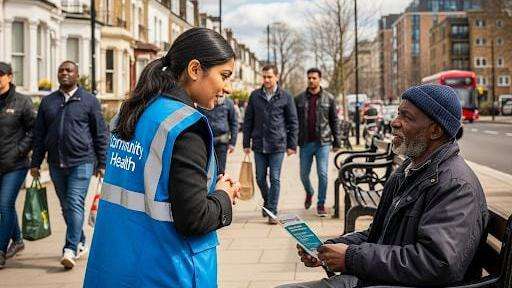Up to 25% of vapes seized in English secondary schools contain the synthetic drug “spice,” according to new research by the University of Bath.
Researchers examined 1,923 e-cigarettes and e-liquids confiscated from 114 schools across seven regions. They discovered spice in 13% of all samples, with rates rising to about 25% in London and Lancashire.
Although many vapes are labelled as containing THC – the psychoactive compound in cannabis – analysis showed that far more contained spice, a cheaper and more dangerous substitute linked to severe health risks including psychosis, seizures, and heart problems.
The team also investigated online sales, tracking Facebook, Instagram, and TikTok accounts over three months. They found that as platforms skew younger, the likelihood of spice being marketed as THC increased: 12% on Facebook compared to 68% on TikTok. In reality, only 1.2% of confiscated samples contained THC, while 13% contained spice.
Professor Chris Pudney, who led the study, warned that spice vapes are “trivially available” through social media, where hundreds of accounts openly advertise them. He called for Ofcom, under the Online Safety Act, to launch a dedicated enforcement programme against online drug sales.
Although researchers alerted social media companies to the problem in March 2025, around 70% of the accounts they flagged remain active. Campaigners say the lack of action poses serious risks to young people.
Fiona Spargo-Mabbs, head of the Drugs on Social Media working group and founder of the Daniel Spargo-Mabbs Foundation, said:
“As a new school year begins, we’re deeply worried about the rising use and harm from spice disguised as THC vapes. Without urgent action, young people will remain at significant risk.”
The study was conducted in partnership with several UK universities and drug education organisations. Ofcom responded by stating it is holding platforms accountable under the Online Safety Act and has already launched investigations into dozens of sites and apps, while stressing that law enforcement must also act against individuals selling illegal drugs online.


_7.jpg)

_8.jpg)


_8.jpg)
.svg)

